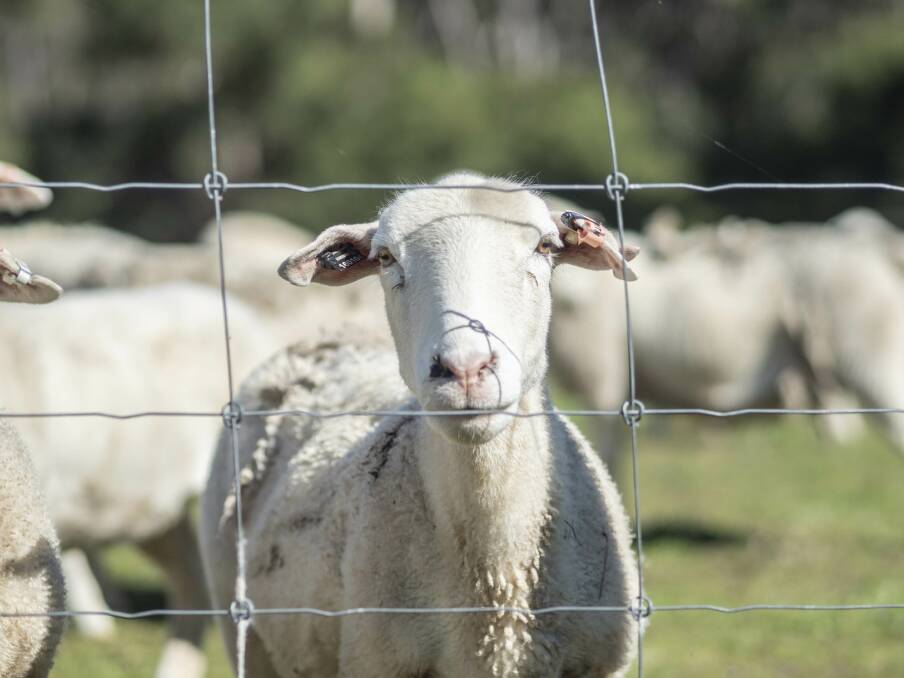
Hundreds of sheep in the Margaret River region have died from eating arum lilies, reaffirming the need for wide-reaching participation in a recently launched community driven control effort.
The Department of Primary Industries and Regional Development said hundreds of sheep from a flock in the Margaret River region died in 2015 and pointed to the animals grazing on arum lilies as the probable cause.
DPIRD field veterinary officer Dr Kevin Hepworth said livestock poisoning from arum lilies could occur if the animals-not limited to sheep-were hungry or curious enough.
"Young stock are more likely to be poisoned than older stock, and cattle are more curious and likely to graze a toxic plant than sheep," he said.
"Livestock that have recently been introduced into a paddock with a toxic plant are more likely to consume it, and hungry stock, particularly when green paddock feed is not available, are the most common group to consume sufficient toxic plant to be affected."
The arum lily was introduced from South Africa and now blankets the South West.
It is a common weed that is known to contain several toxic agents particularly harmful to animals and small children.
Affected animals develop irritation of the gastrointestinal tract causing them to salivate excessively and arch their backs due to abdominal soreness and bloating.
Nature Conservation Margaret River Region project officer Genevieve Hanran-Smith said it was a terrible way for the animals to die and urged concerned locals to do their part by joining the Arum Lily Blitz.
With $340,360 in funding from the WA Government's State Natural Resource Management Program, the blitz is bringing together local and State Government agencies, environmental organisations and private landholders in a coordinated, concerted and sustained push aimed at controlling this toxic weed.
Young stock are more likely to be poisoned than older stock, and cattle are more curious and likely to graze a toxic plant than sheep.
- Genevieve Hanran-Smith
Ms Hanran-Smith said it was vital all sectors of the community took part.
"We need everyone taking action because it spreads so easily," she said. "It takes just one landholder to be complacent and we're facing an uphill battle.
"Even though this plant is particularly invasive, it's very easy to kill and we encourage everyone to go to natureconservation.org.au and get involved."
Blitz participants will receive free herbicide, easy-to-follow instructions, and a list of recommended contractors, who can be hired to undertake the work for a subsidised fee.

